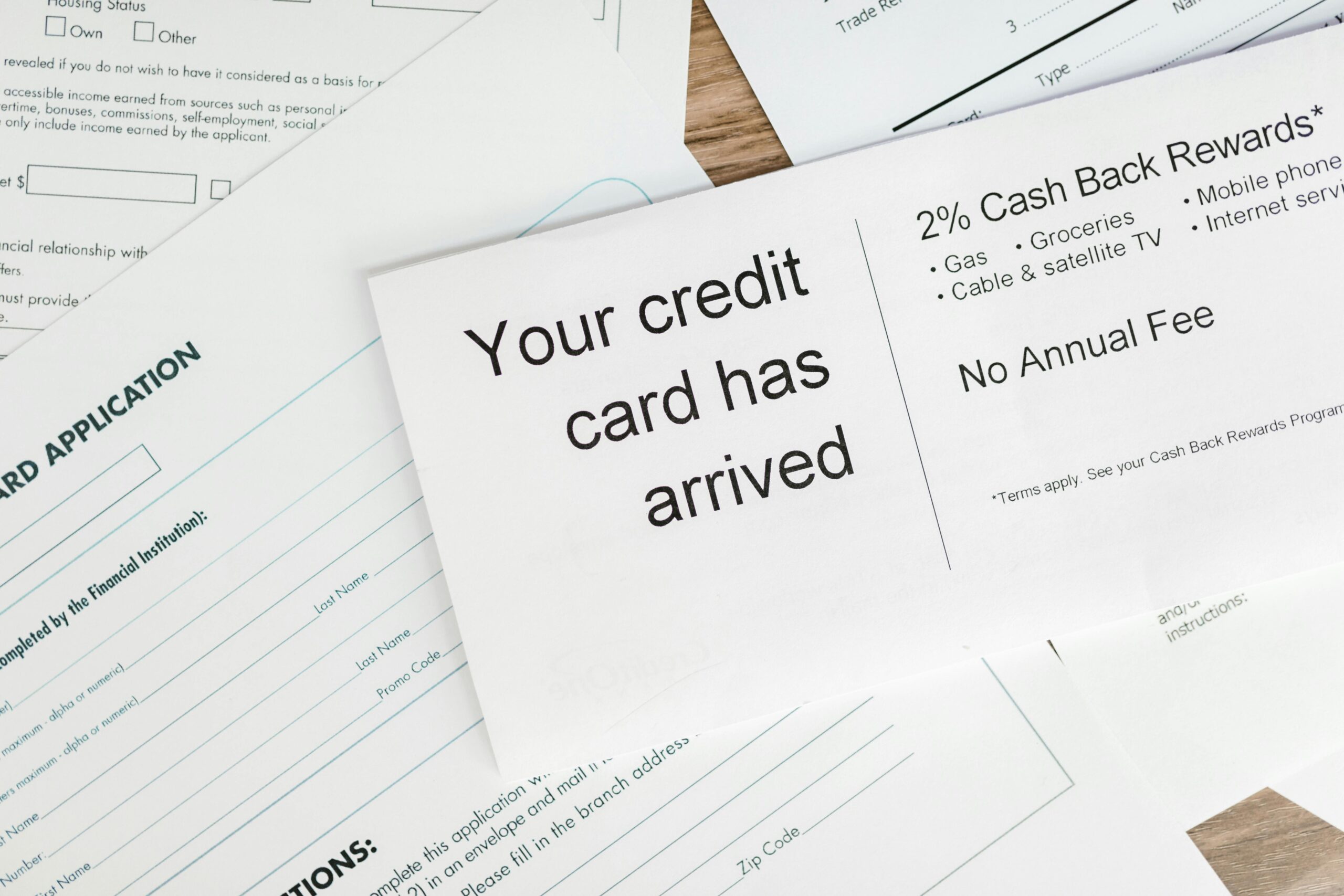
Tips for Managing Student Loans
Yesterday, my friend received an email reminding him of his upcoming student loan payment, which he had completely forgotten about. As he just started a new job, he was eagerly anticipating how he would spend his salary at the end of the month. However, this unexpected reminder seems like his plans will have to wait.
His experience is all too common. In 2023, U.S. student loan debt exceeded $1.7 trillion, affecting over 43 million borrowers, each with an average debt of $37,000. The growing burden of student loans has sparked widespread discussions about policy reforms and loan forgiveness initiatives. Despite these efforts, many borrowers still face the immediate challenge of managing their loans effectively.
How To Manage Students Loan
1. Understand Your Loan Terms
Before anything else, make sure you fully understand the terms of your student loan. A 2022 study by the Federal Reserve found that over 50% of borrowers didn’t know their interest rates, which can lead to poor financial planning. Log into your loan servicer’s website or review your loan paperwork. Here’s what you should check:
- Loan amount: How much do you owe in total?
- Interest rate: What’s the rate, and how does it impact your monthly payments? With federal student loan rates for undergraduates rising to 5.5% in 2023, it’s crucial to be aware of this.
- Repayment period: When do you need to start paying, and how long do you have?
- Grace period: Does your loan offer a grace period, and when does it end?
Understanding these key factors will allow you to create a realistic plan for managing your loans effectively.
2. Create a Budget That Works for You
Budgeting is crucial for loan management. Think of your budget as your roadmap—it shows where your money is going and helps you allocate funds for student loans without straining other areas of your life. A 2023 report from Forbes emphasized the importance of setting aside at least 10-20% of your income for debt repayment, depending on your other financial obligations. Here’s how to build a budget with student loans in mind:
- List all income sources: This could include part-time jobs, scholarships, or financial aid.
- Categorize your expenses: Break them into needs (rent, groceries, utilities) and wants (eating out, entertainment).
- Allocate funds to your loan: Based on your repayment plan, set aside the required amount each month.
3. Explore Income-Driven Repayment Plans
With the recent increase in living costs and economic uncertainty, income-driven repayment (IDR) plans can offer much-needed relief. Recent data from the U.S. Department of Education reveals that as of 2023, about 9 million borrowers were enrolled in IDR plans. These plans cap your monthly payment at a percentage of your discretionary income, making repayment more manageable. Here’s how it works:
- Income-Based Repayment (IBR): Monthly payments are capped at 10-15% of your discretionary income.
- Pay As You Earn (PAYE): Similar to IBR but for newer borrowers.
- Revised Pay As You Earn (REPAYE): Payments are capped, and any remaining balance is forgiven after 20-25 years.
While IDR plans may result in paying more interest over time, they can provide breathing room, especially if you’re starting out in a low-paying field.
4. Take Advantage of Loan Forgiveness Programs
With student loan forgiveness being a hot topic, especially following the recent Supreme Court ruling in 2024 blocking the proposed forgiveness plan, existing options like Public Service Loan Forgiveness (PSLF) are more relevant than ever. If you’re working in public service or a nonprofit, you may qualify for loan forgiveness programs.
What you need to qualify:
- Work for a government or non-profit organization.
- Make 120 qualifying monthly payments.
- Be enrolled in a qualifying repayment plan (like an IDR plan).
The Biden administration’s recent SAVE (Saving on a Valuable Education) plan also includes provisions for loan forgiveness after 10 years for borrowers with balances of $12,000 or less.
Any extra payment you make toward your student loan principal helps reduce the total interest you pay. A recent Bankrate analysis suggests that paying just $50 extra per month could save you thousands in interest over the life of the loan. When you make extra payments, be sure to specify that the extra money goes toward the principal balance, not future payments.
Here are a few tips to find extra cash:
- Sell unused items: From clothes to electronics, there’s probably something you can part with.
- Freelance: Pick up a side hustle like freelancing, tutoring, or delivering groceries.
- Cut back on small luxuries: Simple sacrifices like making coffee at home or canceling unused subscriptions can free up cash for extra payments.
5. Avoid Taking on Additional Debt
As The Wall Street Journal recently highlighted, taking on new debt—whether it’s credit cards or car loans—can complicate your financial situation, especially when repaying student loans. Be cautious about adding new obligations. Financial advisors recommend focusing on paying down existing debt before taking on more.
6. Look into Refinancing or Consolidation
If you have good credit, refinancing your student loans may be a smart option. According to LendEDU, the average interest rate for a refinanced loan in 2023 was 4.75%, lower than many federal loan rates. Refinancing can simplify your payments and potentially lower your interest rate, but be mindful that refinancing federal loans through a private lender means losing federal protections like income-driven repayment or loan forgiveness.
Loan consolidation, meanwhile, is a federal option that combines multiple loans into one. It won’t necessarily lower your interest rate, but it can make managing payments more straightforward.
7. Utilize Your Grace Period Wisely
The grace period before loan repayment begins can be a valuable time to prepare. According to Experian, nearly 80% of students don’t fully utilize this period to plan for their repayments. Start building an emergency fund, pay down high-interest debt, or make interest-only payments on your loans to ease the financial burden once full payments start.
8. Seek Financial Guidance
Managing student loans can feel overwhelming, so don’t hesitate to ask for help. Many schools offer financial counseling for graduates, and non-profits like the Student Loan Borrower Assistance organization provide free or low-cost guidance on managing student debt. A 2023 survey by the National Foundation for Credit Counseling found that 65% of borrowers who sought professional advice reported feeling more confident about their repayment strategy.
9. Stay Positive and Be Patient
Finally, remember that managing student loans is a long-term process. Financial experts like Ramit Sethi, author of I Will Teach You to Be Rich, emphasize the importance of staying disciplined and focusing on progress. Celebrate small victories, like paying off a portion of your loan or sticking to your budget for a few months. Every little bit counts.
Conclusion
Managing student loans may not be easy, but it doesn’t have to be overwhelming either. By understanding your loan terms, creating a solid budget, exploring repayment plans, and taking advantage of forgiveness programs, you can effectively manage your student loans. Remember, this journey is about progress, not perfection. Stay focused, and don’t be afraid to ask for help when you need it.
At the end of the day, the goal is to make your student loan repayment process as smooth and manageable as possible. With the right strategies and mindset, you can tackle your loans and look forward to a financially secure future.
Sources:
- Federal Reserve: https://www.federalreserve.gov/releases/g19/current/default.htm
- Forbes: https://www.forbes.com/advisor/personal-finance/how-to-create-a-budget/
- NerdWallet: https://www.nerdwallet.com/article/loans/student-loans/benefits-of-autopay
- U.S. Department of Education: https://studentaid.gov/manage-loans/repayment/plans/income-driven
- LendEDU: https://lendedu.com/blog/average-student-loan-refinance-rates/
- The Wall Street Journal: https://www.wsj.com/articles/how-credit-card-debt-impacts-student-loans-11613624000
- Experian: https://www.experian.com/blogs/news/2023/07/student-loan-grace-period-tips/
- National Foundation for Credit Counseling (NFCC): https://www.nfcc.org/
- Bankrate: https://www.bankrate.com/loans/student-loans/extra-payments-impact/
- Ramit Sethi. (2023). I Will Teach You to Be Rich. Retrieved from I Will Teach You to Be Rich












